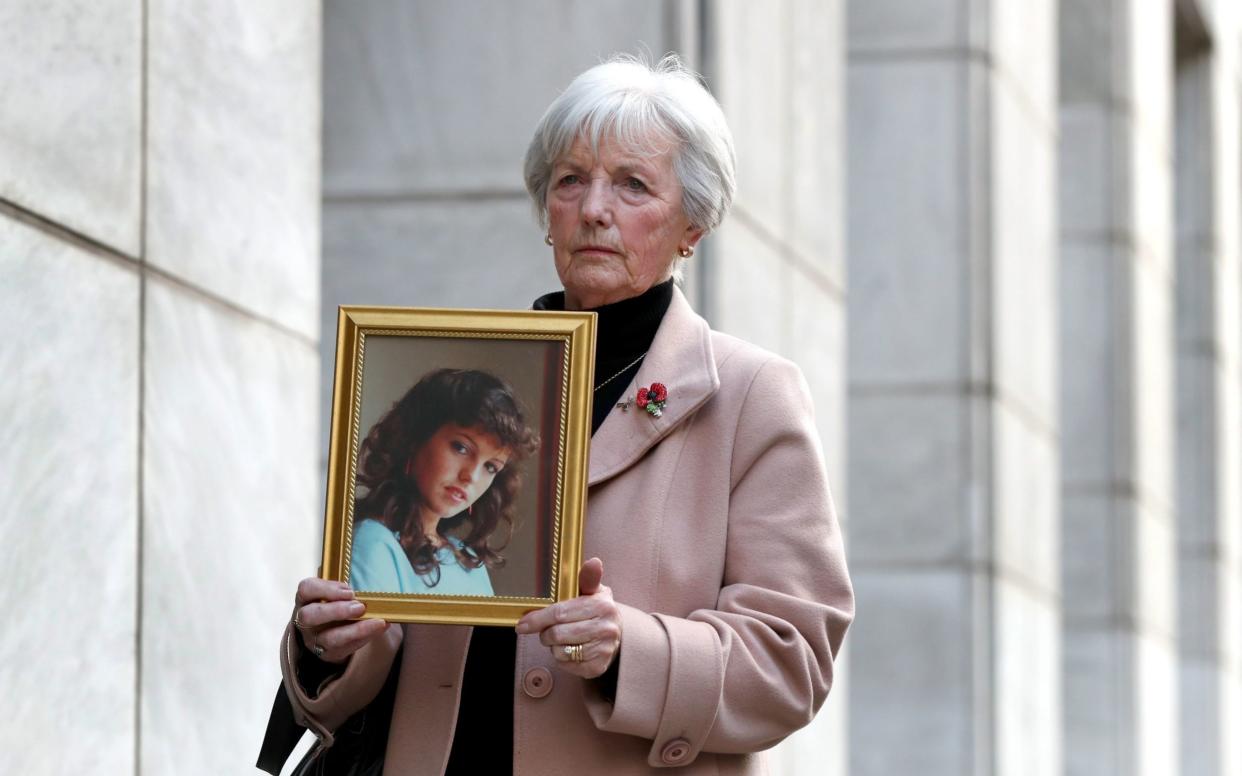Mother fails in final legal attempt to force killer of her daughter to reveal location of her body

A mother has failed in her final attempt to force her daughter’s killer to reveal where he buried her body.
Marie McCourt lost her attempt to persuade judges to order a review of a parole board decision to release her daughter Helen’s killer before he had revealed the location of her body.
She said a November 2019 Parole Board decision to free her daughter’s killer Ian Simms, now 64, on licence was wrong and should be reviewed.
Two judges ruled against her on Tuesday.
Ms McCourt was murdered in Billinge in February 1988, while on her way home. Simms was found guilty of her abduction and murder after a trial at Liverpool Crown Court in March 1989 and given a life sentence, with a minimum term of 16 years.
Marie McCourt said later that she was very disappointed the judges had not ordered a review of the Parole Board decision, and was discussing her next steps with lawyers. "I am bitterly disappointed at the decision," Mrs McCourt said.
"This was my last chance to get my daughter's killer to admit where he hid her body. I did my best, and so did my legal team but, sadly, this hasn't produced the result we wanted in getting Simms back into prison. We are now discussing my next steps."
Lady Justice Macur and Mr Justice Chamberlain, who had considered Mrs McCourt's judicial review application at a virtual High Court in July, decided that a Parole Board panel decision "involved no arguable public law error".
They added, in a written ruling: "The panel were acutely aware of the sensitivities in this case and adopted a careful and balanced approach both to the procedure to be adopted and to the assessment of Simms' current risk."
The judges said they had decided to refuse to give Mrs McCourt, who is in her 70s, permission to apply for a judicial review.
A Parole Board spokesman said it had “immense sympathy for families of victims who have never been found and recognises the pain and anguish they have endured.
"The Board remains absolutely committed to ensuring that victims and their families are treated with the utmost respect and dignity during the parole process and appreciates the distress that a parole review of the offender is likely to cause.
"The Parole Board is however required, by law to focus on whether a prisoner's continued detention remains necessary for the protection of the public."

 Yahoo News
Yahoo News 
